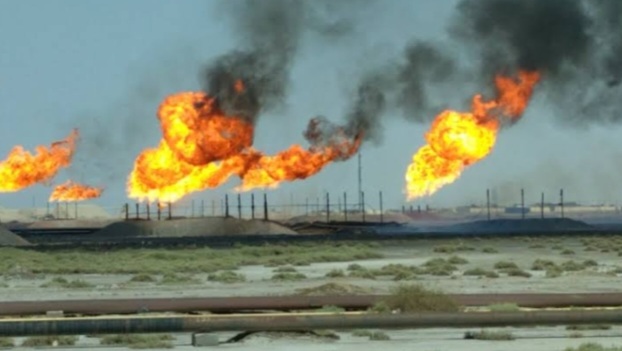EDITORIAL: NUPRC and Gas Flaring Challenge in Nigeria

Nigeria stands at a critical juncture, grappling with two interconnected challenges: corruption and gas flaring.
The recent strides made by the Nigerian Upstream Petroleum Regulatory Commission (NUPRC) in addressing both issues deserve our attention and support.
Gas flaring, the wasteful burning of natural gas during oil extraction, has dire consequences. It harms the environment, exacerbates climate change, and squanders valuable resources.
Nigeria is one of the world’s top gas flaring countries, emitting millions of tonnes of CO2 annually. This practice not only damages our ecosystem but also denies us much-needed energy.
The NUPRC’s partnership with Galileo to curb gas flaring is a step in the right direction. We must prioritize ending this harmful practice by 2030, aligning with global sustainability goals.
Corruption and gas flaring are intertwined. Corrupt practices often lead to environmental degradation, as vested interests prioritize short-term gains over long-term sustainability.
When licenses are awarded unfairly, environmental regulations are flouted, exacerbating gas flaring. Conversely, transparent processes promote responsible resource management.
Nigeria’s reputation on the global stage hinges on our ability to tackle corruption and protect our environment. The NUPRC’s efforts must contribute significantly to this endeavour.
– The NUPRC’s anti-corruption unit, the ‘Host Comply’ platform, and the commitment to ethical practices signal progress. However, sustained efforts are essential.
We call upon all stakeholders—government, industry players, civil society, and citizens—to rally behind the NUPRC. Let us demand accountability, support innovation, and champion sustainable practices.
Nigeria’s future depends on our ability to strike a balance: harnessing our natural resources while safeguarding our environment.
Let us rise to the challenge and build a corruption-free, gas-flare-free Nigeria for generations to come.
